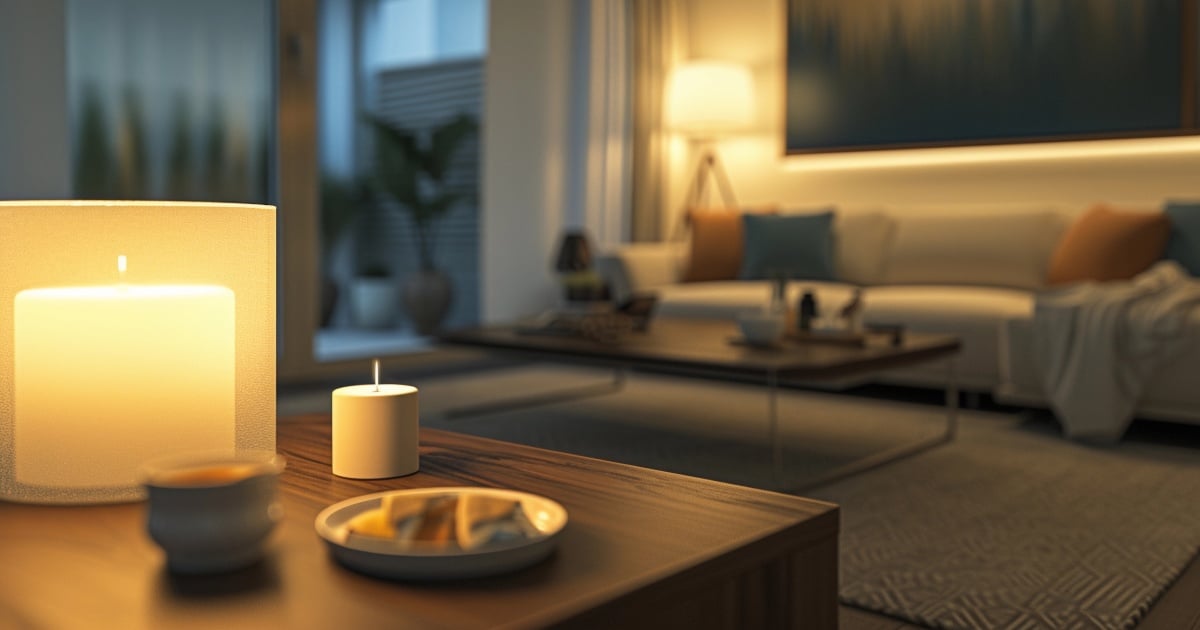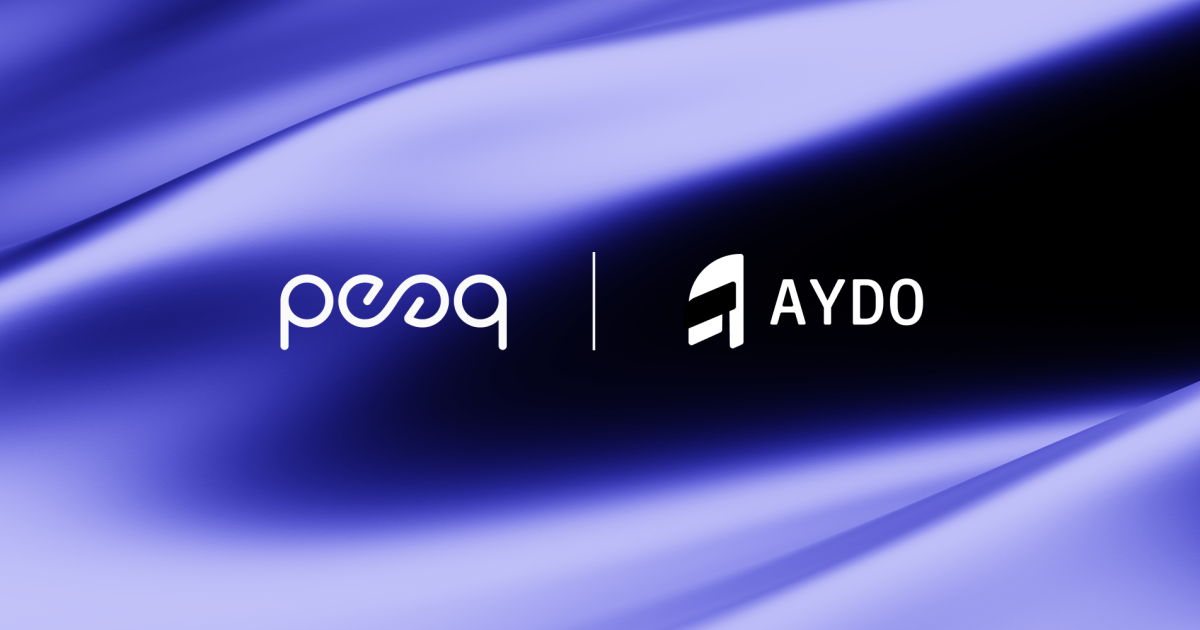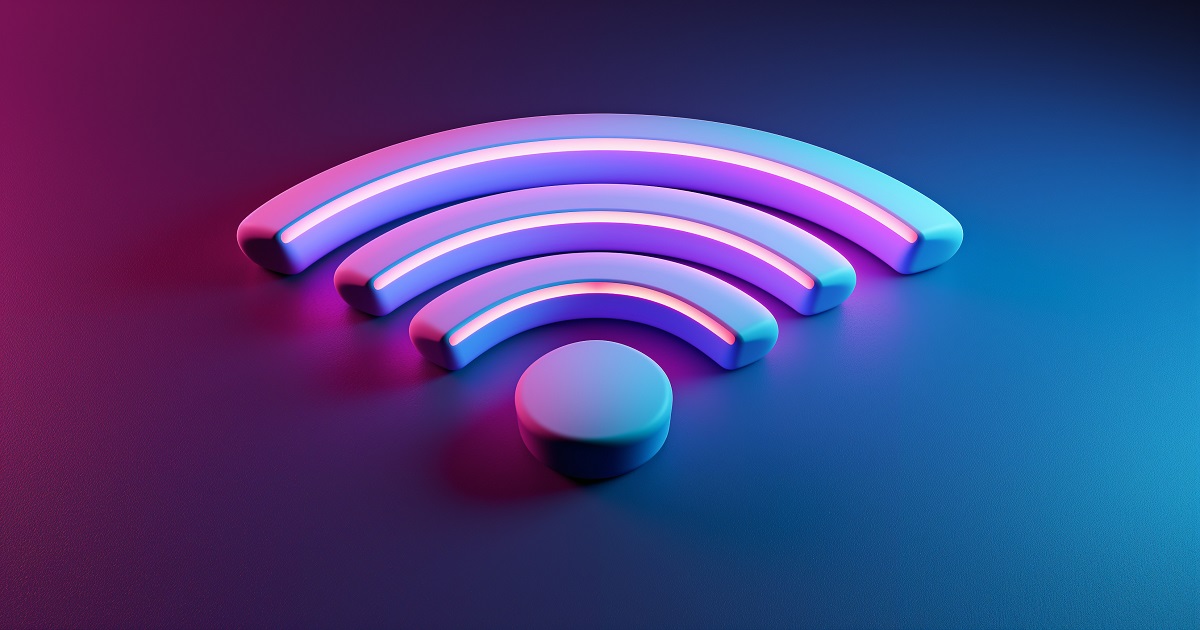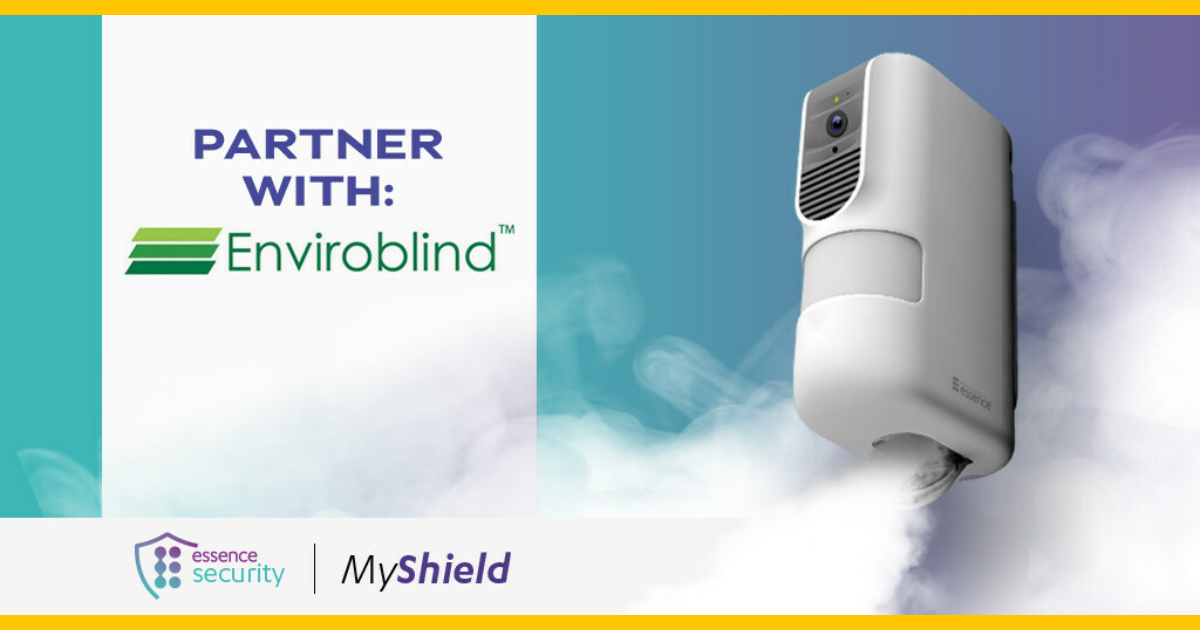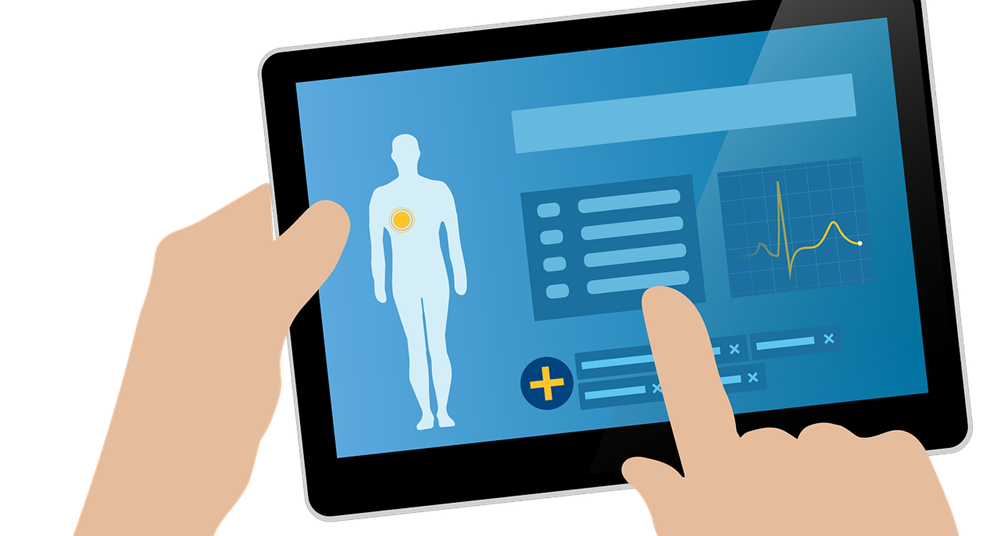
By now, it’s well established that healthcare and the patient experience are no longer just confined to a doctor’s office. Thanks to digital transformation and rapidly evolving connected technology, healthcare – like numerous other industries – is experiencing a metamorphosis. These days, patients can access prescriptions and personalized healthcare while communicating with their doctors from anywhere, at any time of the day, because of innovative technologies streamlining telehealth and precision medicine solutions.
According to a Grand View Research, Inc. forecast, the global telemedicine market is expected to be worth $113.1 billion by 2025. In the future, the enhanced application of internet, virtual medicine and rising demand for the centralization of healthcare, will lead the way for this personalized healthcare system. This growth in telemedicine and connected healthcare will also drive a shift in the way healthcare providers and organizations aim to deliver a new patient experience in a connected ecosystem.
Third-party findings from a survey commissioned by iQor show that connected devices and the customer experience around troubleshooting issues can be incredibly frustrating, even for early adoptors. On average, consumers report having to take more than eight steps to resolve a technical problem or issue with a smart device, spending an average of 2.5 hours in the process. In the end, nearly one in four consumers are unable to resolve an issue or simply give up and return a product for a full refund when they cannot resolve technical issues. The future of connected healthcare depends upon how well these technologies and connected devices are integrated into existing service models, and the lifestyle of the aging baby boomer community.
Disrupting an Industry: A Customer-First Approach
As with IoT in general, connected healthcare is creating a wealth of new opportunities to disrupt the market.
Collaborative deals with global retailers, such as CVS’ $69 billion deal with Aetna, have the potential to redefine the healthcare landscape by bringing healthcare closer to the consumer for a better overall customer experience. Other major consumer-facing entities are finding new ways to merge the retail and healthcare experiences by bringing urgent care centers within closer proximity to pharmacies. As more emphasis is placed on delivering a high-quality customer care experience, integration between organizations and their affiliated services and tools becomes increasingly critical. When deployed strategically, cross-organizational integrated service models can help increase effectiveness of patient care, reduce healthcare costs, and improve overall quality of life for millions of patients.
Meanwhile, this kind of market disruption is not limited to established players. Non-traditional healthcare players like JPMorgan Chase, Berkshire Hathaway and Amazon are coming together to try to improve the customer experience by leveraging technological advances, such as artificial intelligence and information-sharing platforms, that can collect and analyze big data. By forging unique relationships with one another to take full advantage of emerging technological solutions, they are shaking up the status quo to create more value for the consumer.
So, what can healthcare providers and medical device makers do to help lay the foundation for this inevitable transformation? Ultimately, overcoming some of the biggest complexity and adoption challenges stems from successfully integrating two components of the ecosystem’s core: the device itself, and the associated consumer support.
Connected Devices Connect People
The rapidly expanding connected healthcare ecosystem opens the door for a plethora of new healthcare service models. Pharmacies and hospitals, for example, that are attempting to lower all-time high readmission rates, are trying to create new strategies to ensure patients take their medication to completion. To accomplish this, healthcare organizations can leverage connected devices to monitor at-risk patients, set reminders and alerts for medications, and create other personalized health services to better support patients. The final piece to the puzzle that will ultimately drive the success of household healthcare connected devices is the integration of customer and device support. As both device complexity and demand increase, consumers will depend upon highly informed and equipped technical support teams to connect the dots, and derive value from associated device data.
The industry is on the cusp of truly connected healthcare that aims to drive medical advancements and enable better at-home care and enduring wellness. And innovations around telemedicine will be key in enabling collaboration between patients and providers to deliver the highest quality of patient experience possible. Going forward, the connected healthcare industry will depend on how well healthcare organizations and payers can provide a quality patient experience as healthcare moves closer to the consumer.
Edited by
Ken Briodagh

